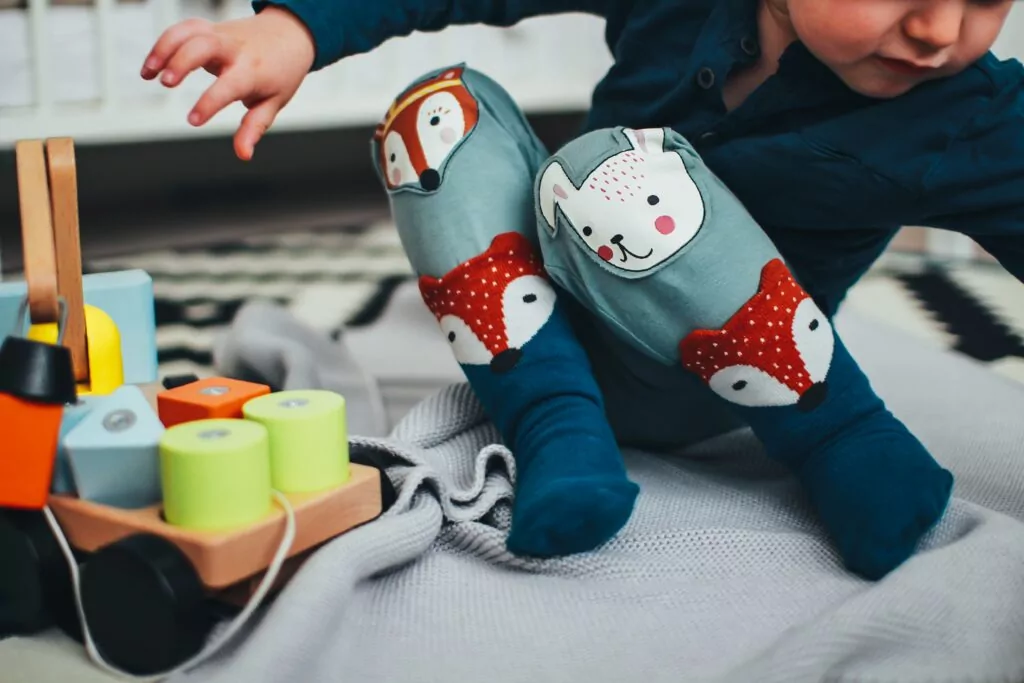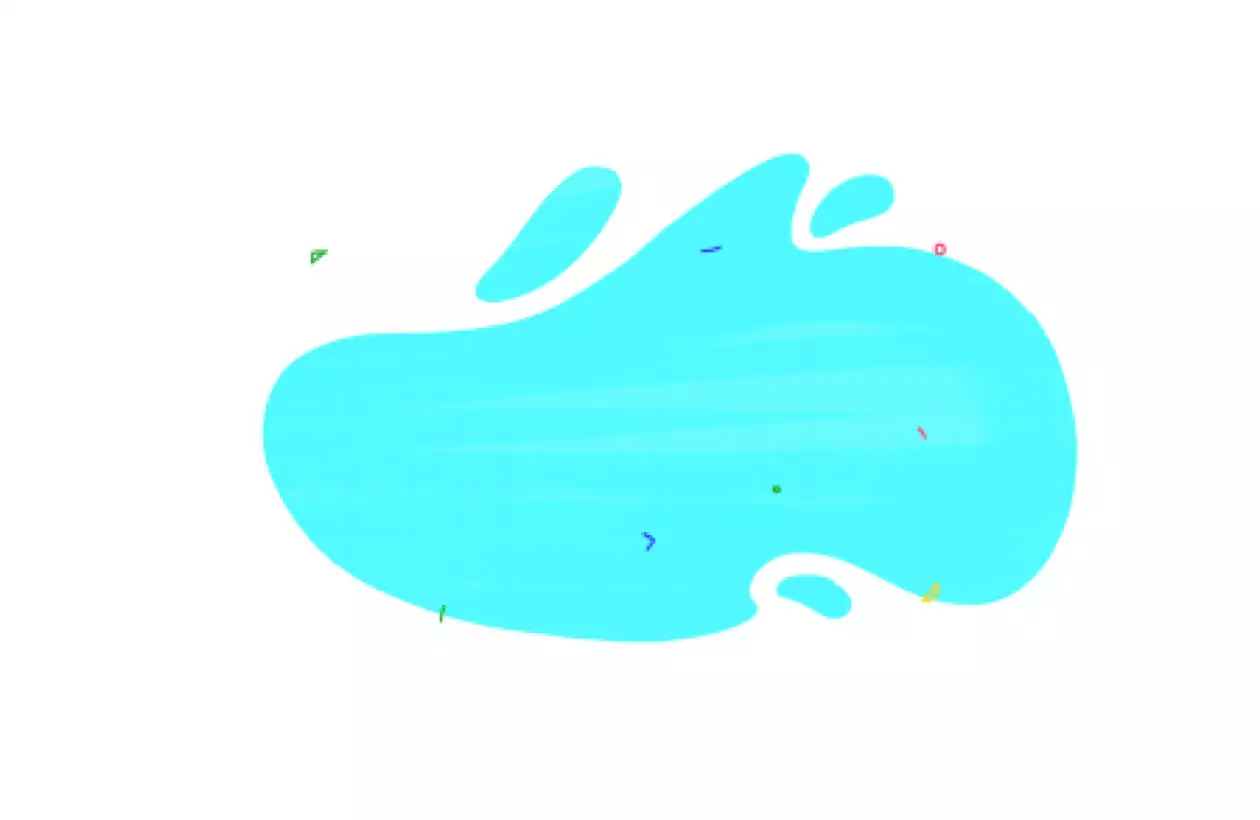Childhood should be simple — not stinky. Yet, as little ones grow, they might start smelling a bit different.
When Does Body Odor Typically Begin?
Body odor, or axillary odor, can be a telltale sign of puberty. The age at which children start experiencing body odor can vary widely, however, it usually affects girls older than eight and boys older than nine. For kids with central precocious puberty (CPP), body odor can happen earlier.
It’s crucial for parents to be aware of the potential for early onset puberty and approach these changes with openness and support. If your little one has begun to exhibit body odor, consider taking these steps to handle the issue proactively and with minimal embarrassment.
I first suspected my five-year-old son had CPP when he started to smell like a teenager. That’s when I scheduled a visit with his pediatrician.
Consult your pediatrician as soon as you notice the onset of body odor
Your child’s pediatrician can check for other signs of central precocious puberty like growth acceleration, pubic hair, menstruation, and testes or breast bud development. They can also refer you to a pediatric endocrinologist if they suspect CPP. This specialist has advanced training in treating hormonal imbalances and can provide a more in-depth evaluation.
Together, your child’s healthcare team can work collaboratively to diagnose, manage, and address any concerns related to central precocious puberty, ensuring the best possible outcomes for your child’s health and development. Early intervention and professional guidance can make a significant difference in managing CPP and its potential impact on your child’s growth and well-being.
Understand the cause of body odor in children
As hormones change, specialized sweat glands under your kiddo’s arms secrete oil — interacting with the normal bacteria on the skin. You’ve likely experienced this same pubertal symptom, your child is just going through it earlier than usual.
By explaining the relationship between hormonal shifts, sweat gland activity, and bacterial influence, you empower your child with knowledge about their own body. This builds a foundation for confidence and self-awareness as they navigate these changes at an earlier stage.
Discuss body odor with your child sensitively
Body odor happens to everyone, but it’s still a touchy subject for most. To avoid stigmatizing body odor, try not to refer to your kiddo’s new scent in negative terms. Explain that they’re starting to smell a little differently than before (they very well might not notice!), which could be a sign that they need to visit their doctor.
By framing the discussion positively and informatively, you create a supportive environment that encourages understanding and acceptance of the bodily changes they are undergoing. This approach helps build trust as your child navigates their own version of puberty at their own pace.

Instill new hygiene habits
Reduce childhood body odor by encouraging daily or twice daily showers or baths with soap and teaching your little one how to apply deodorant. Remember, early body odor is nothing to be ashamed of, for now though, extra vigilant cleanliness can go a long way.
If your child does have CPP, many of their symptoms are readily treatable with CPP (GnRHa) treatment. With the help of a pediatric endocrinologist, your kid can get right back to being a kid.
See also: How I Knew My Child Had CPP Series #2: Hair Growth
TPI.2021.2612.v1 (v1.1)




